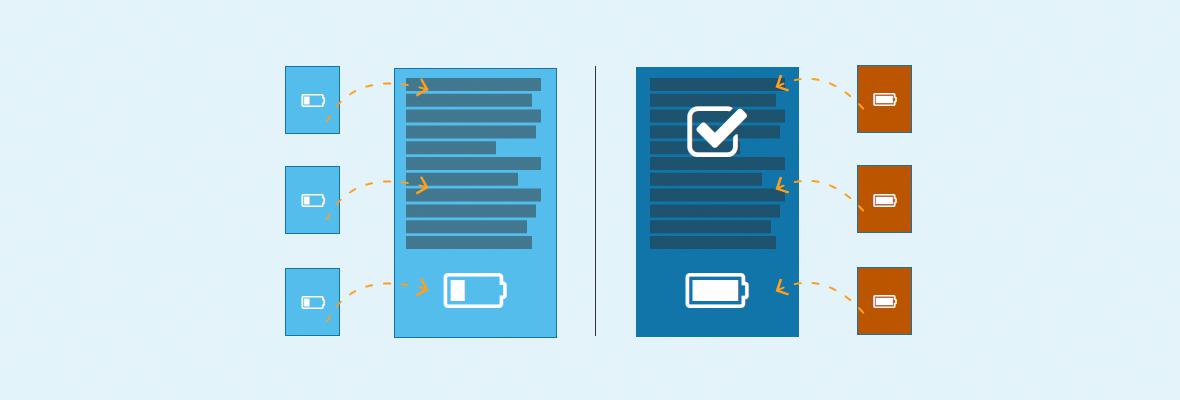
Search Engines
Understanding how search engines work, Google in particular, is important when working in SEO. The basics of crawling and indexing are amazingly useful to understand if you want to rank your own content.
Additionally, Google updates its algorithm several times a year. Understanding the more significant updates, and how they work, can help you to craft content and SEO strategies that are up-to-date.
We've written extensively about how search engines work, and included some of the top resources here. You can also browse the latest posts on search engines from the Moz blog below.
How Search Engines Work : New to SEO? Start with the basics of how search engines operate with our free beginner's guide.
Search Engine Ranking and Visibility : Learn the fundamentals of how search engines rank content on search engine result pages.
Google Algorithm Update History : A complete history of Google algorithm updates since 2000. This includes important links and references for understanding how Google works.
How Search Engines Value Links : Search engines work off a number of signals, but two of the most important are content and links. In this video, Rand Fishkin explains the basics of link evaluation.
MozCast : Is Google updating it's algorithm as we speak? MozCast is the Google algorithm weather report, so you can see how much Google results are changing each day.


All Links Are Not Created Equal: 20 Graphics on Google's Valuation of Links
In this post, we'll walk you through 20 principles of link valuation that have been observed and tested by SEOs.
Did Google's Site Diversity Update Live Up to its Promise?
Deep dive into Google's site diversity update. Across 10,000 keywords, SERPs with 3-5 organic results from one site improved marginally. There was no improvement in SERPs with 6-10 results from a single site.
SEO Whitepaper: How Distance and Intent Shape a Local Pack
When every SERP is a local SERP, understanding how Google creates them is essential — which is why we’re unpacking the local pack.
Google E-A-T SEO: How to Create Content Google Wants
Over the past few months, you’ve probably seen the buzzword (or acronym, rather) “E-A-T” floating around. While this term has been in the lexicon of many SEOs for quite a while now, since the major Google algorithm update in August 2018 (AKA “the medic update”), a big bright spotlight has been shone on Google’s “E-A-T”.
Is Google's Redesign Good for Ads or Brands?
At the end of last week, Google announced a major design change for mobile search results. Does this latest change do too much to blend ads and organic results?
Analyzing Google's Desktop "People Also Search For" Box
We’ll take you through how the PASF has changed over the years and how you can take advantage of everything it has to offer.
Podcasts in SERPs: Is Audio SEO the Next Frontier?
At I/O 2019, Google announced that podcasts would soon be coming to organic SERPs. We know they've been able to transcribe audio for a while. What's next for audio SEO and how can we prepare for it?
How to Explore a SERP Feature Strategy with STAT
With SERP features are taking over, here’s how you can uncover the ones that’ll work for you.
I Want to Rank Beyond My Location: A Guide to How This Works
We’ll break rankings down into five easy-to-grasp groups, and make sense out of how Google appears to bucket rankings for different types of users and queries.
Creating Quality Content in 2019 (For Search Engines and People)
Learn how to solve for searcher intent to create successful, quality content that makes people (and Google) happy.


